However, starting to exercise at age 50 requires some caution, especially for those who have never been physically active before, or are overweight or obese.
Importantly, if your diet is inadequate, starting exercise with strenuous exercises can lead to significant muscle and bone injuries. This risk is even greater after the age of 50, as the loss of muscle and bone mass becomes more pronounced due to the natural ageing process, according to research journal The Conversation.
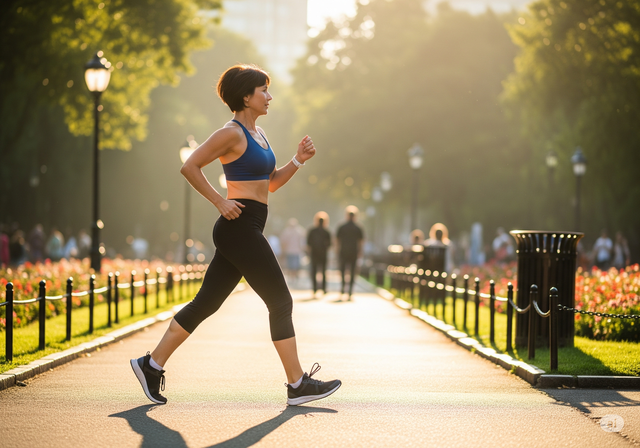
Starting to exercise at age 50 requires some caution, especially for those who have never been physically active before.
Photo: AI
Therefore, nutritionist Patricia Yárnoz Esquíroz, Clinical Associate Professor at the University of Navarra (Spain), gave dietary advice for people over 50 to help limit injuries during exercise, as follows:
Protein is the key
Protein provides the body with essential amino acids needed to maintain and grow muscle mass, and prevents muscle atrophy: age-related muscle damage, osteoporosis, loss of muscle mass and strength.
Protein needs vary depending on each person's physical condition. In people over 50 years old with moderate physical activity, protein needs range from 1-1.5 grams per kilogram of body weight per day.
However, if you do not exercise a lot, you should not take in too much protein. This can actually be harmful, especially for bones, because it increases the excretion of calcium in the urine by reducing calcium reabsorption in the renal tubules.
Animal and vegetable proteins
Protein sources should combine both plant sources such as soybeans, beans, nuts… with animal sources, such as eggs, milk, chicken and fish. Ideally, a balance of both is needed.
In addition, the timing of meals is also very important. It is best to distribute protein intake throughout the day, avoiding focusing on a single meal. It is also advisable to consume protein 30 minutes before or after exercise, to help the body absorb and utilize protein better.
Essential micronutrients
Vitamins and minerals play an important role in physical fitness in your 50s, including magnesium, calcium, and vitamin D.
Magnesium aids muscle recovery and bone formation and is found in cheese, pumpkin seeds and flax seeds.
Calcium is essential for maintaining adequate bone mineral composition and preventing loss of bone mineral density (osteoporosis) due to low blood calcium.
Dairy products are beneficial for bone health, both in terms of the amount of available calcium and the vitamin D content of whole milk. Sesame seeds, almonds, flaxseeds, and soybeans are also good sources of calcium, but they are less easily absorbed.
Tuna, sardines, salmon, and egg yolks are good sources of vitamin D for people over 50 who exercise.
Staying hydrated before, during, and after exercise is also important. Both dehydration and overhydration can affect performance and increase the risk of muscle injury, according to The Conversation.
Source: https://thanhnien.vn/tap-the-duc-tu-tuoi-50-nen-an-mon-gi-la-tot-nhat-185250723220140106.htm


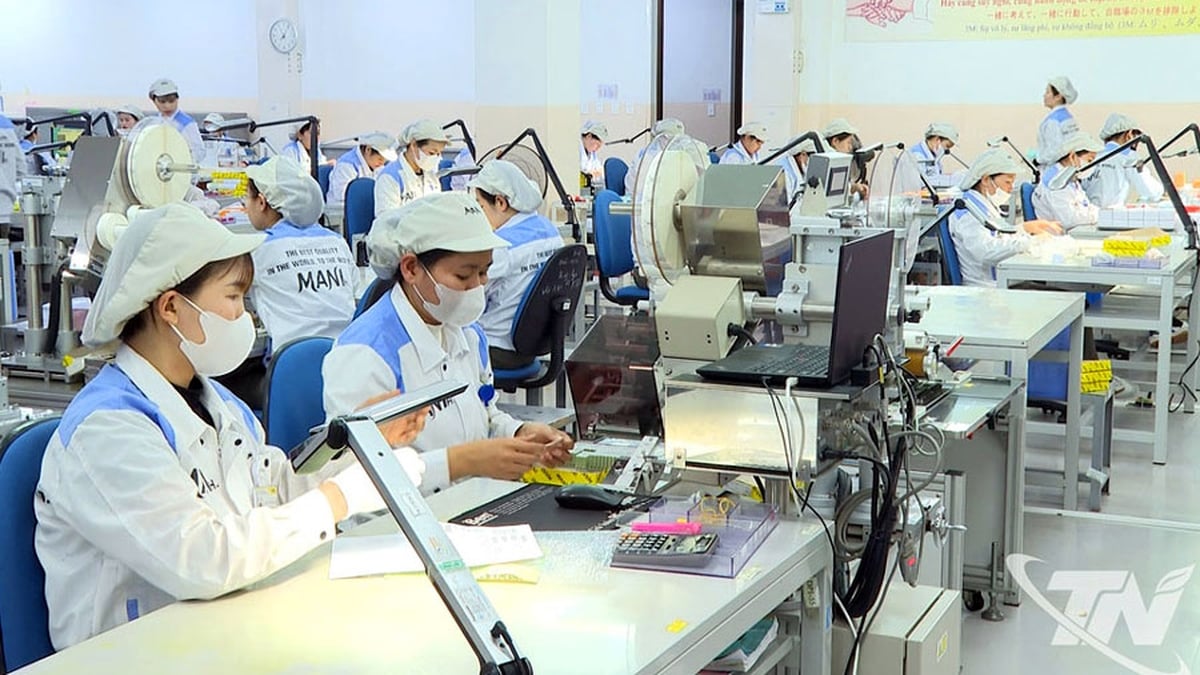
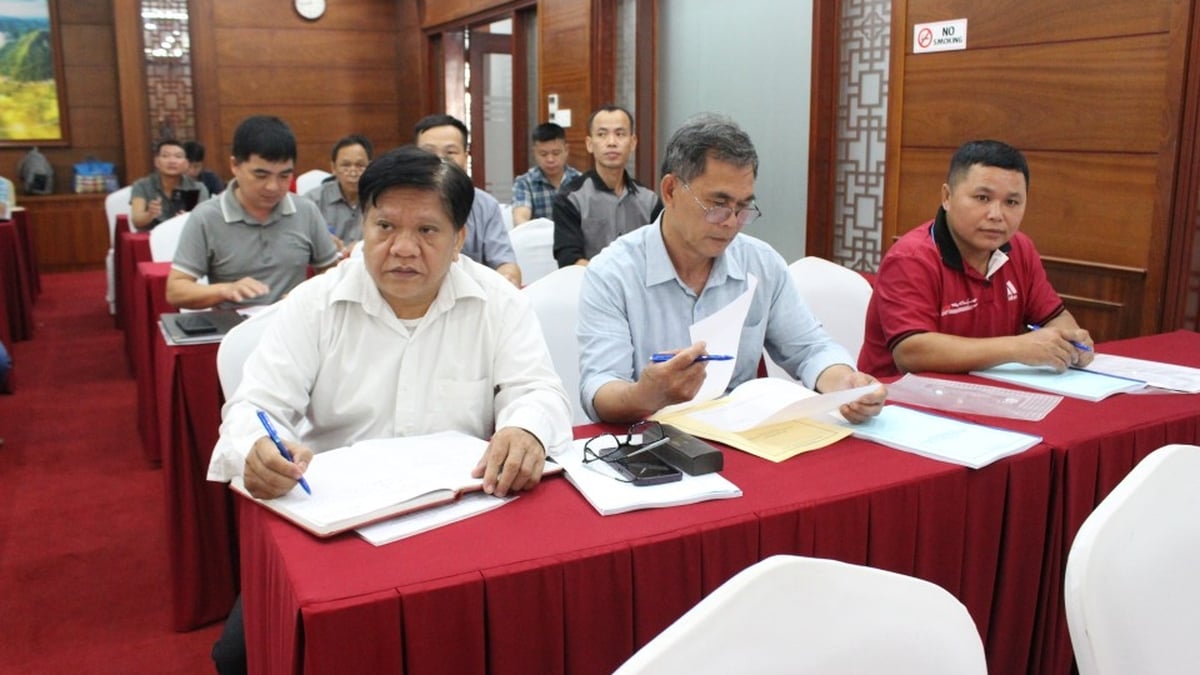
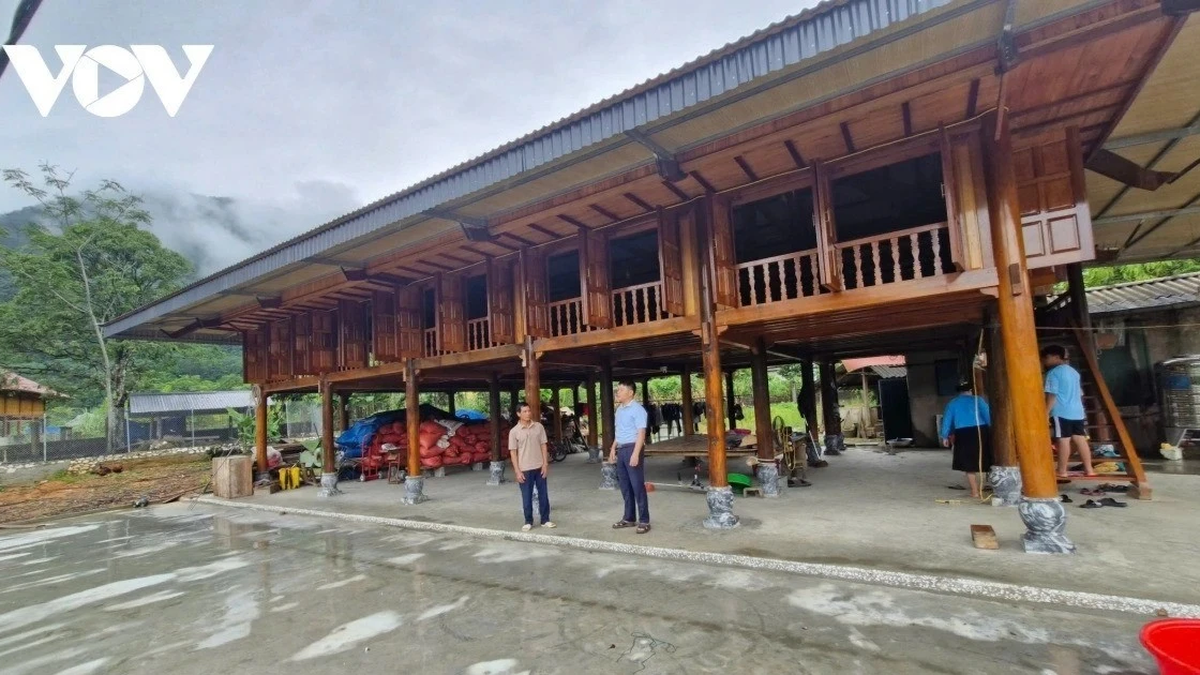




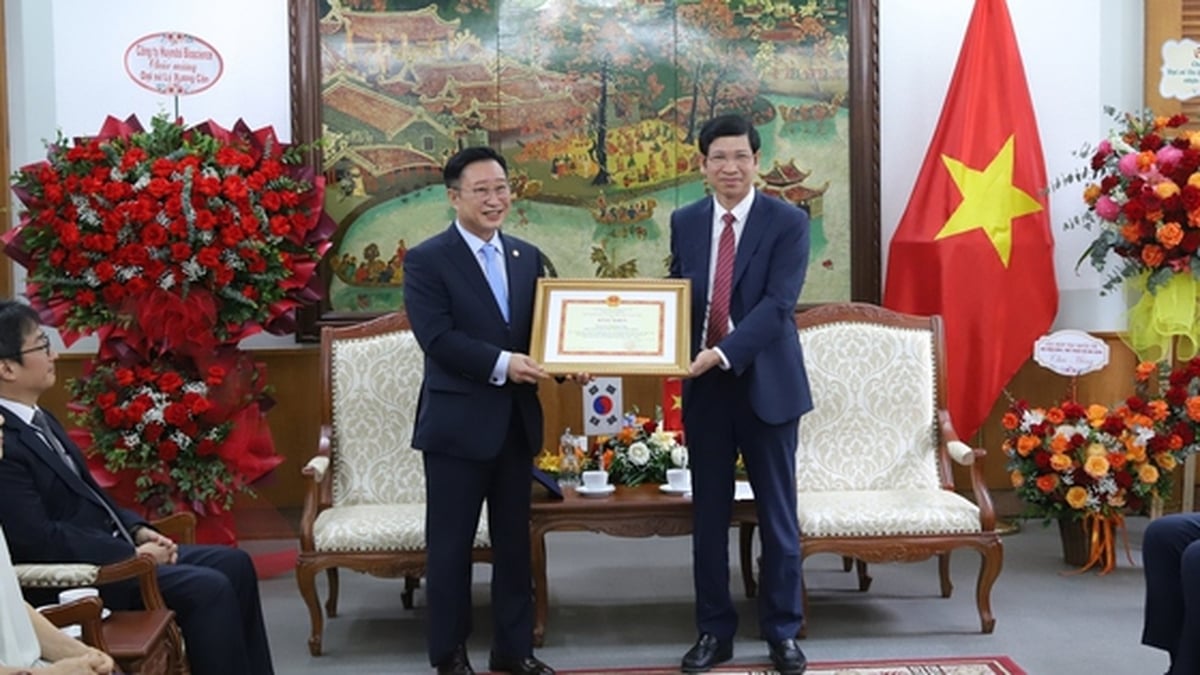
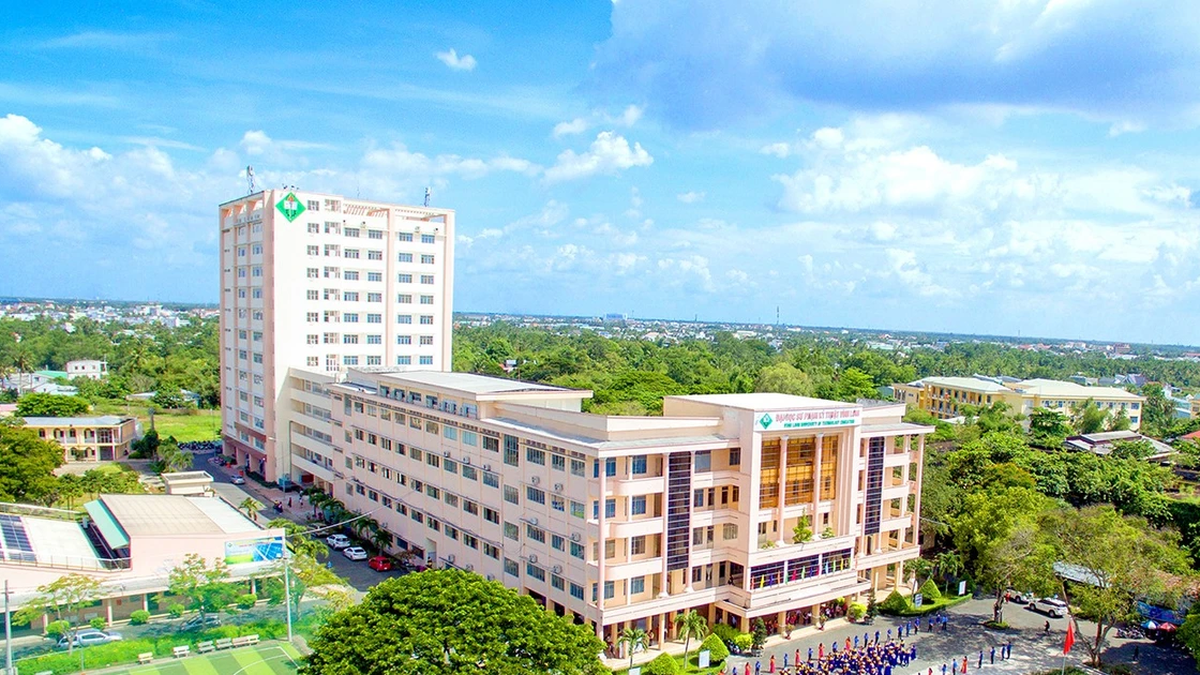
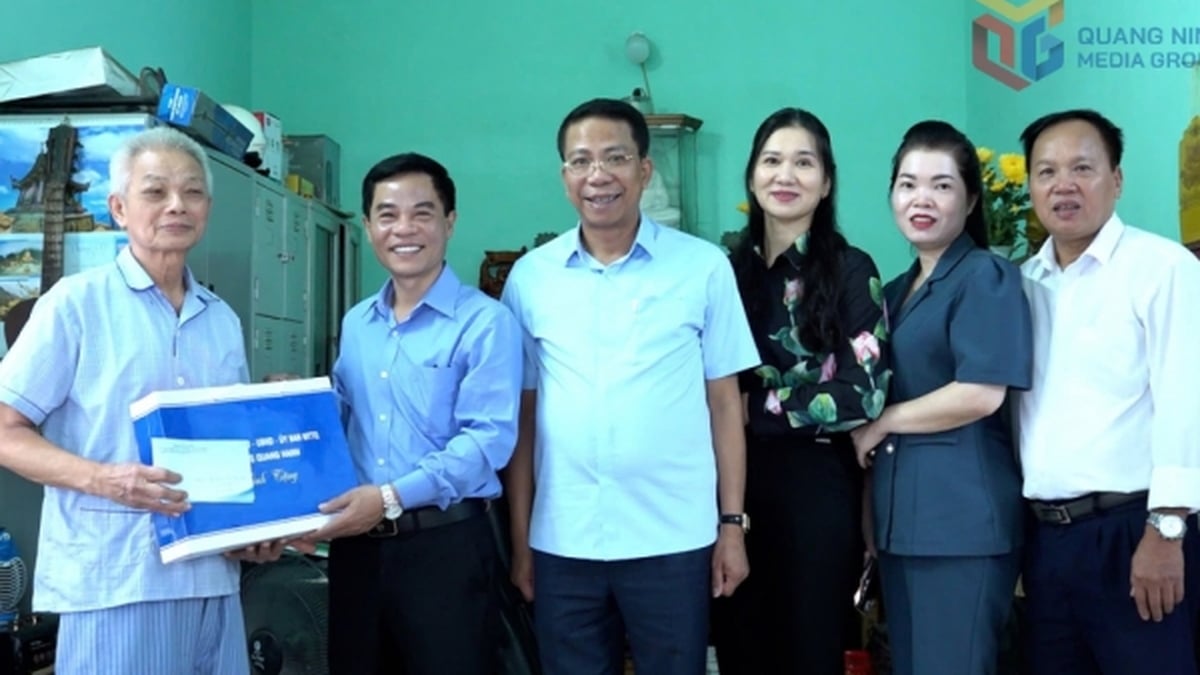















![[Photo] Signing of cooperation between ministries, branches and localities of Vietnam and Senegal](https://vphoto.vietnam.vn/thumb/1200x675/vietnam/resource/IMAGE/2025/7/24/6147c654b0ae4f2793188e982e272651)






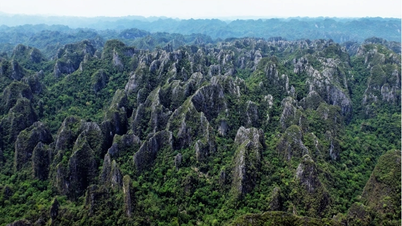



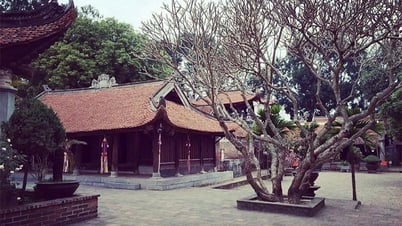








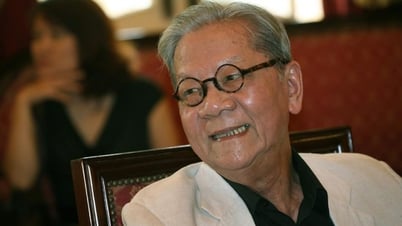

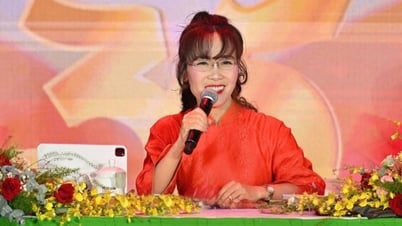


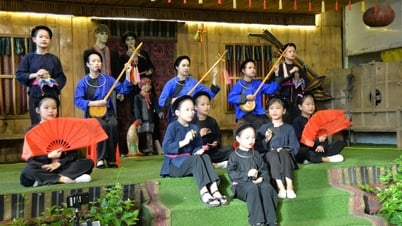




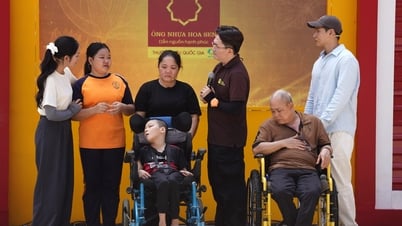



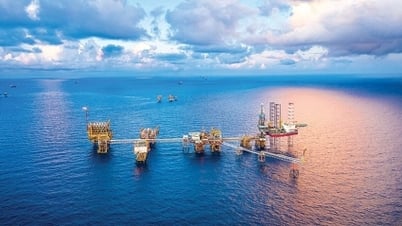
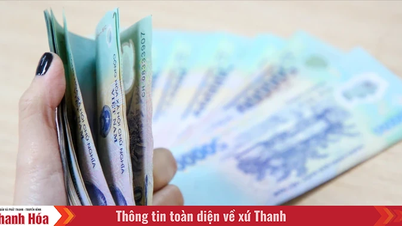

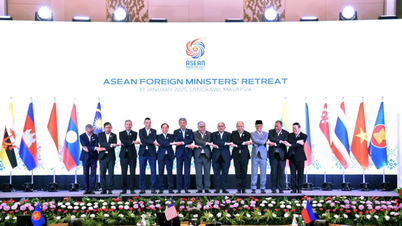

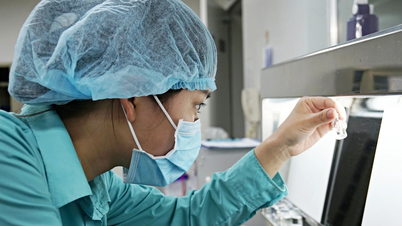










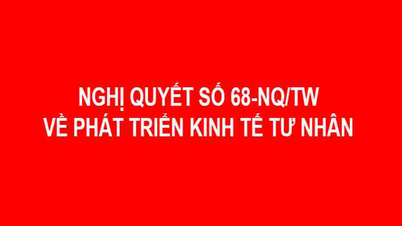















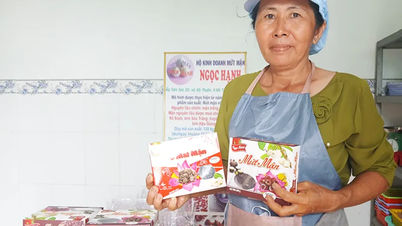






Comment (0)